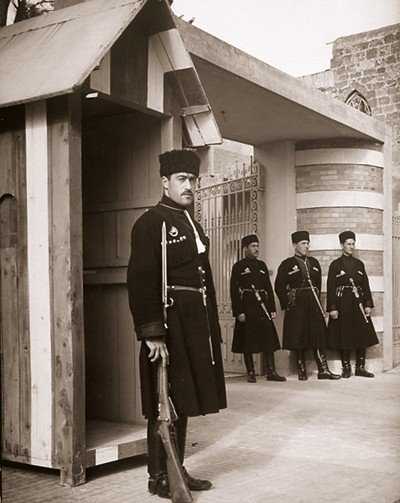Sochi, the site for the 2014 winter Olympics, just happens to be where the russians dispossessed an entire nation exactly 150 years earlier. the survivors’ descendants say it was genocide—and now they’re demanding justice.

Vladimir Putin may think he has trouble enough on Moscow’s streets without worrying about demonstrators outside the country. If so, perhaps he should think again. This week in Istanbul, New York, Brussels, and other world cities, protesters are taking aim at his most cherished project: the 2014 Winter Olympics. Although the facilities at the Caucasus Mountains resort of Sochi are already winning enthusiastic praise from visiting skiers, thousands of angry activists are determined to spoil Putin’s party.
The marchers are Circassians, the descendants of a people who once had their own country on the shores of the Black Sea, between Crimea and the modern-day Republic of Georgia. They lost it a century and a half ago to a brutal campaign by the imperial Russian army to seize the entire Caucasus region. The Circassians resisted for four decades until May 21, 1864, when they finally surrendered and were expelled from the land of their fathers. Until recently their descendants marked the date only with quiet remembrance ceremonies. But in 2007 the International Olympic Committee accepted Russia’s bid to hold the 2014 Games at Sochi—the very place where the Circassians surrendered in 1864. Since then, May 21 has become a day of rage.
“How would you feel—how would the Russians feel, if athletes came from all over the world to ski or ice-skate on the graves of their ancestors—and [the athletes] did not even know they were doing it?” demands Danyal Merza. Last May 21, the 29-year-old telephone technician, along with two other ethnic Circassians, his friends Clara and Allan Kadkoy, traveled from their homes in New Jersey all the way to Turkey, where most members of the Circassian diaspora now live. The four of us ended up near the head of a chanting crowd of thousands of Circassians. The human wave, topped by a foam of anti-Sochi banners, poured down Istanbul’s Istiklal Street before breaking against a triple line of police who stood with truncheons and tear gas outside the Russian consulate.
Speaking into a bullhorn, Merza squared his shoulders and shouted the group’s demands in English: no Sochi Olympics, recognition of the Circassian genocide, and the right to move back to the homeland the Russians seized a century and a half ago. His listeners roared their approval in Turkish, and their voices resounded from the steep houses on either side: “We don’t want Olympics in Sochi!” Allan pumped his fist and shouted along with them. “It’s the first time I’ve chanted without knowing what the words mean,” he told me afterward. His wife was similarly transported. “I could never imagine feeling like this,” she said. “We might not speak Turkish, but we’re all saying the same thing in different languages.”
more: Sochi 2014 Winter Olympics: The Circassians Cry Genocide – The Daily Beast.
http://www.thedailybeast.com/newsweek/2012/05/20/sochi-2014-winter-olympics-the-circassians-cry-genocide.html
